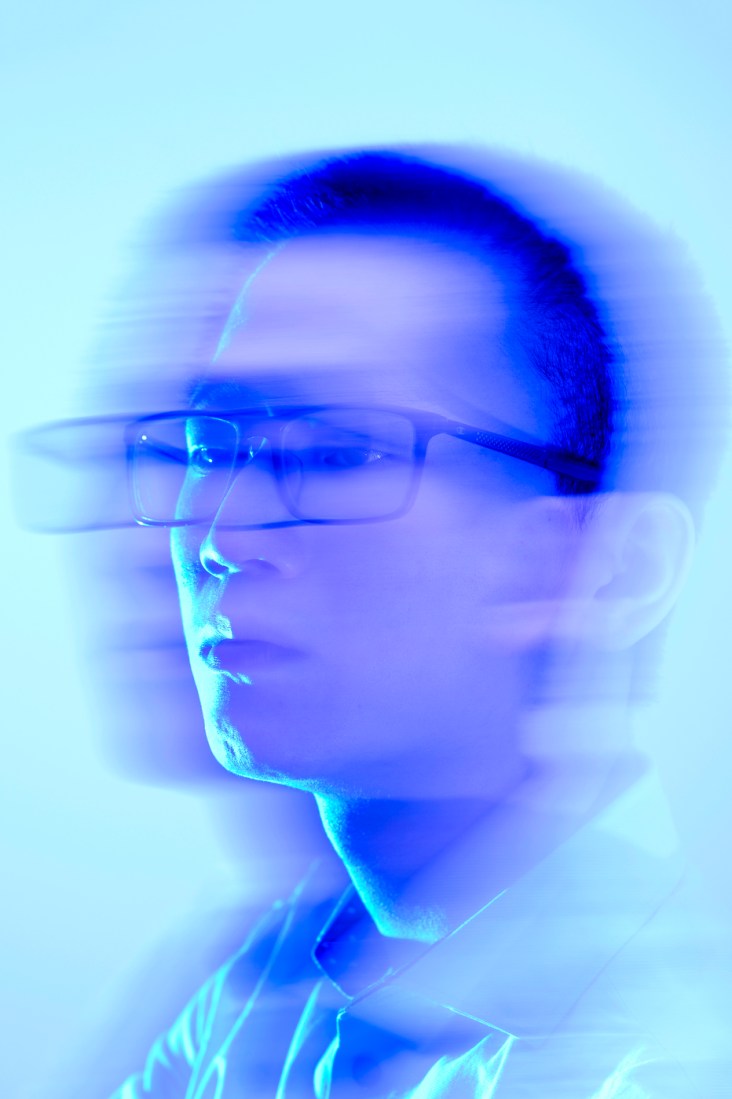Can big data have a role in treating dementia? That’s what this Northeastern student is hoping to help solve

Dementia is a devastating condition that impacts more than 55 million people globally, according to the World Health Organization. In the United States alone, it’s estimated that one in nine people over the age of 65 has Alzheimer’s.
Conditions like Alzheimer’s and other diseases that cause cognitive impairments can be difficult to treat. Early symptoms are often subtle and may go undetected by medical professionals. And as these diseases progress, they become even harder and harder to manage. Individuals begin to lose the ability to speak, think and move before eventually succumbing to the disease.

Ethan Wong, a fourth-year student at Northeastern University, will use the power of “big data,” biology and neuroscience to help develop better early intervention models for those suffering with cognitive impairments when he starts his studies at Churchill College at Cambridge University this fall.
Wong is one of just 16 individuals around the globe this year to be honored with Cambridge University’s Churchill Scholarship. The illustrious honor was created by Churchill College at the request of Sir Winston Churchill when the college was founded in 1960, according to its website.
This isn’t Wong’s first award. He was also a 2023 recipient of the Barry Goldwater Scholarship, which recognizes students pursuing research in math, natural science and engineering.
“If I can do research that gives people one or two extra years to be a father, a mother or a grandparent, I think that’s super worth fighting for,” he says.
Wong, who is set to graduate in May with a major in biology and a minor in data science, has spent his college career at Northeastern University doing research in the neuroscience domain.
He started at Northeastern in 2020 and quickly began doing research at the university’s Laboratory for Movement Neurosciences, learning under professors Gene Tunik and Mathew Yarossi.



Wong focused his studies on the Trail Making Test, a test clinicians use to test cognitive functions in patients.
“It’s a connect-the-dots test,” Wong says. “But the unique thing about connecting the dots, is that it is both a cognitive task and a motor task. You have to not only see what the next number is and remember what it is, but you also have to move your hand.”
One of Wong’s projects involved developing a variation of the TMT that involves physical objects.
“We actually set up two shelves with cans on them, and they were labeled one through 10,” he said. “We also put grocery items on the shelf and the task was for people to take the items off the shelf as quickly as possible in the correct order.”
The project earned him a PEAK award from Northeastern University in 2021.
Wong has also completed a co-op at Beth Israel Deaconess Medical Center, working as a patient care tech.






